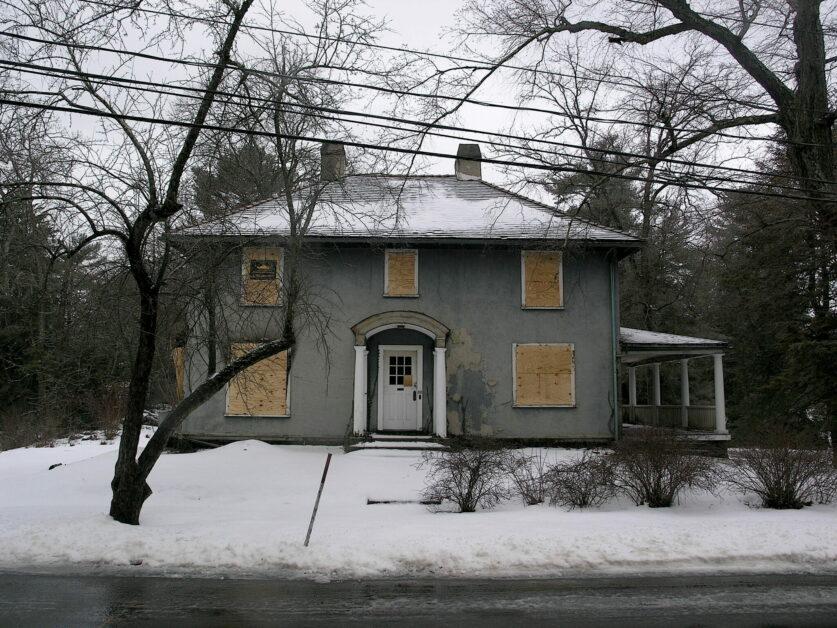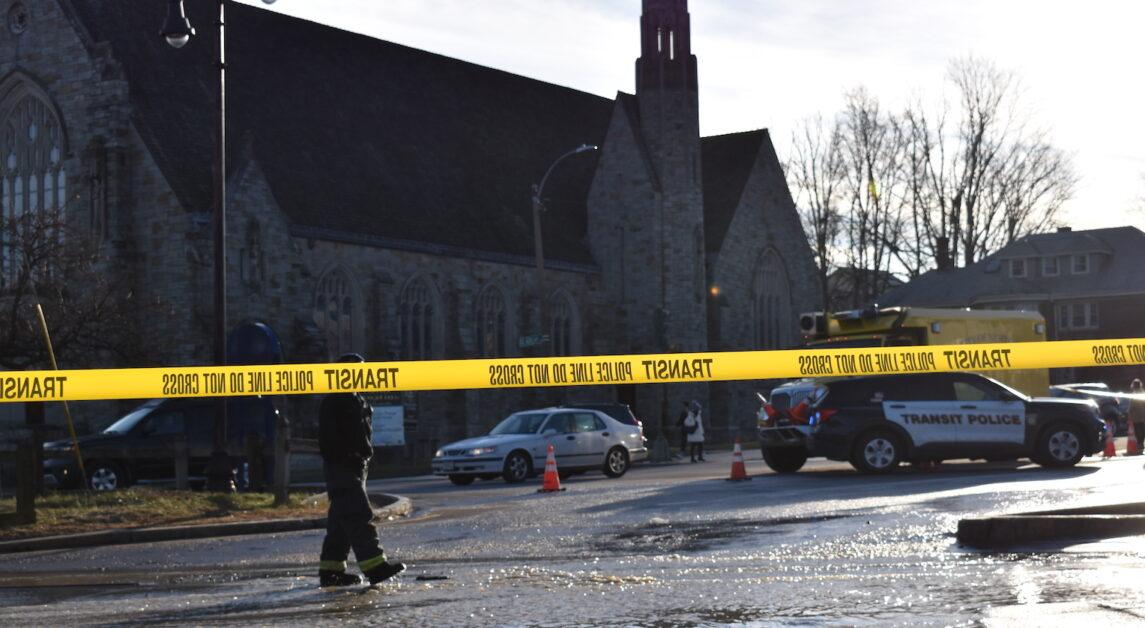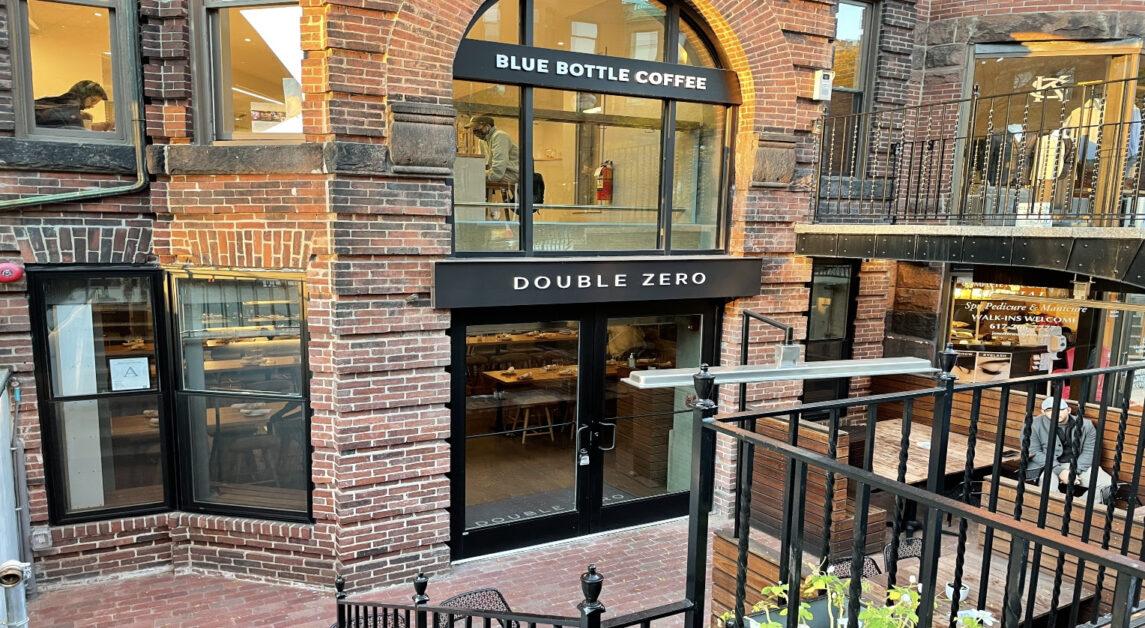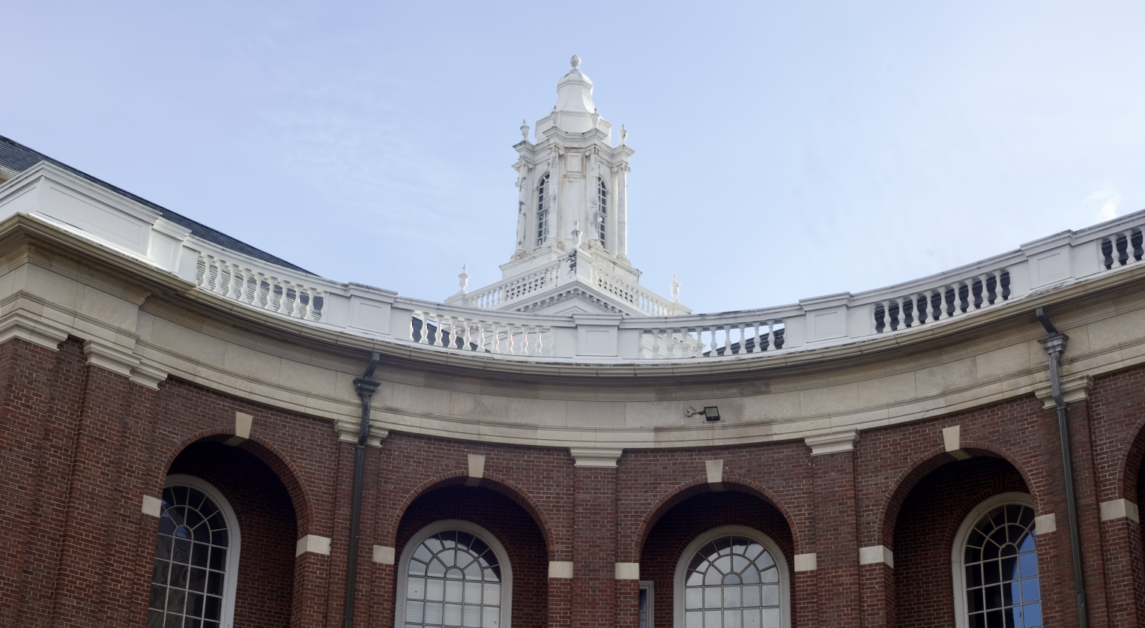A coalition of entrepreneurs, lawmakers, and activists alike took to action on Thursday to combat what it calls “racist efforts” in Cambridge, Mass., where it said there is an increasingly unequal distribution of cannabis business licenses. The group launched the program, Real Action for Cannabis Equity (R.A.C.E.), in a press conference in front of the Massachusetts State House.
State programs in place seek to empower communities disproportionately impacted by marijuana laws of the past—yet only two of the 184 licenses issued to marijuana businesses are owned by people in state equity programs, the organization said in a press release.
A need for equity in the industry arises from the fact that people of color have been disproportionately arrested and punished for marijuana offenses, despite near-identical rates of usage among races, said Sumbul Siddiqui, a Cambridge city councilor and advocate in equitable cannabis. In 2014, black people were 33 percent more likely to be arrested for marijuana in Massachusetts, according to a report by the American Civil Liberties Union—the conference was held at 3:30 p.m. in significance of that statistic.
“We have to actively work to prevent the cannabis industry from becoming another chapter in a long history of racial inequality,” said Siddiqui.
Quinton Zondervan, another Cambridge city councilor, pointed to the equity provisions that he and Siddiqui included in a previous zoning proposal, where economic empowerment applicants in the state equity program would be able to access “prime locations” in the city as they begin to roll out their businesses.
Problems for emerging businesses include gaining the know-how and capital necessary in order to create and expand a flourishing business, an advantage that some enjoy more than many, others said.
“In Massachusetts and in Cambridge, we are looking at a rare opportunity to write the rules of a race in a way that ensures there is actually a race,” said Chris Hunter, a member of R.A.C.E. “Not someone taking one step and being able to say, ‘I raced, I made it to the top.’”
Chauncy Spencer, founder of High Tech Farms in Boston, framed the fight for equity as a blow-back against the War on Drugs, which began in the 1970s, tore apart communities, and left people unable to compete with the corporations that seek to fill the spaces for cannabis business, he said.
Spencer warned, however, to not see his success in breaking into the industry as the be-all, end-all for economic empowerment applicants—an industry where one person of color is lauded as a shining example of inclusion while many others are left out is simply tokenism, he said.
“That’s what happens in a lot of industries,” he said. “But we’re not going to let it happen in this one.”
The group plans to stage a silent rally in front of the Cambridge City Hall on Friday at 3:30 p.m., and will also launch a series of voter outreach initiatives across the state, the press release said.
“We’re looking forward to taking on this on the statewide level and the national level,” said Richard Harding, the president of Green Soul Foundation, which aims to rectify disparities in cannabis business in disadvantaged communities.
“We believe that the work we’re going to do here locally, in Cambridge, throughout the state, and in Boston will be a model for people who are looking for the equitable rollout of cannabis across the nation and across the state.”
Images by Danny Flynn / Heights Editor













